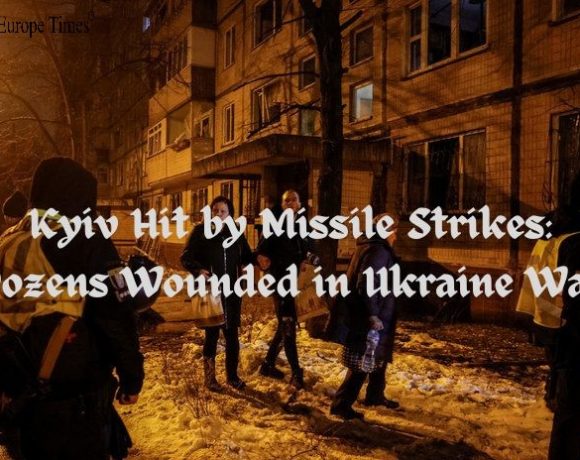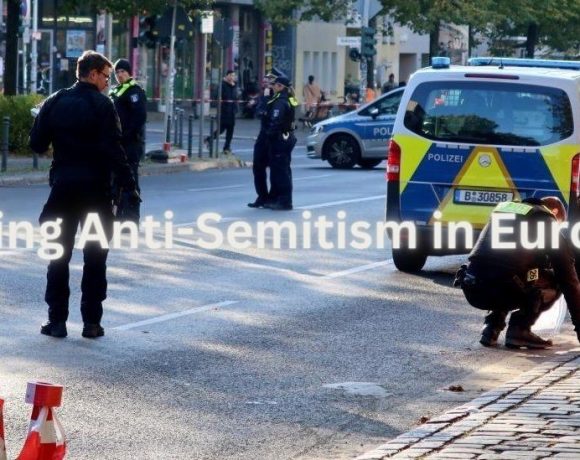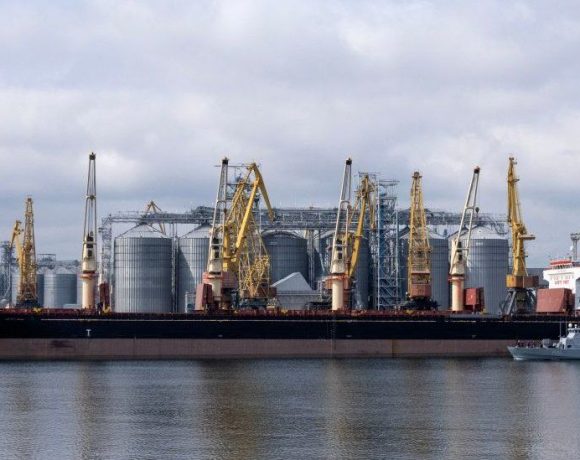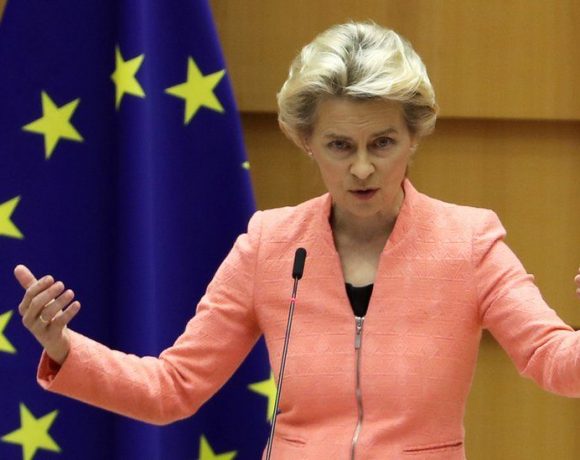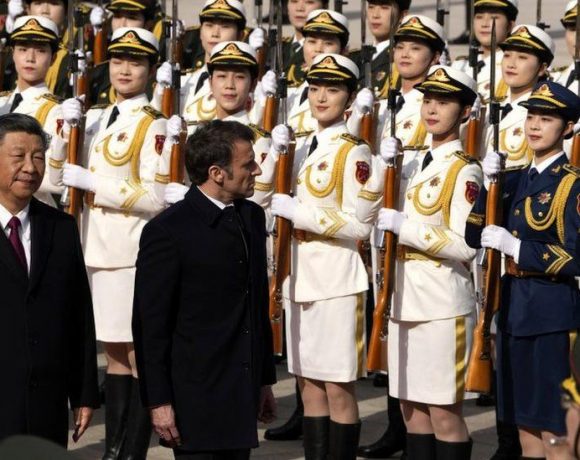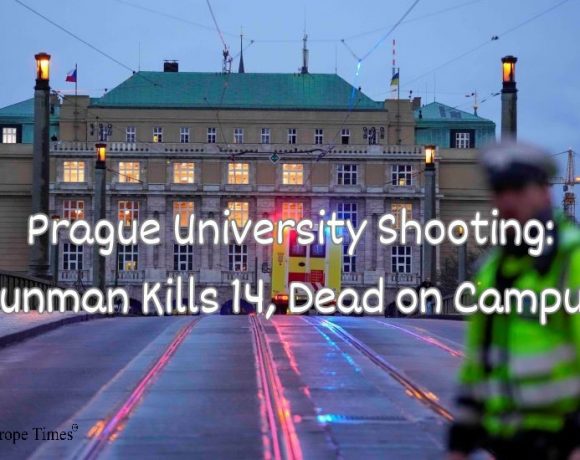
A tragic incident unfolded at Charles University in Prague, marking the deadliest attack in modern Czech history. A 24-year-old gunman shot and killed 14 people while injuring 25 others in the Faculty of Arts building, located in the historic center of the capital. The assailant, who was later “eliminated” by the police, was revealed to be a student at the university. The motives behind the attack were not immediately known.
The shooting commenced at approximately 15:00 local time, prompting university staff to barricade themselves in rooms for safety. Disturbing footage circulated on social media, showing individuals jumping to safety from the building’s ledges, and the sound of gunshots echoed through the air. Prime Minister Petr Fiala canceled upcoming engagements in response to the tragic events.
Police authorities disclosed that the gunman hailed from a village outside Prague, and his father was found dead earlier on the same day. The police were investigating a possible link between the gunman and two deaths in a forest near Prague the previous week. Preliminary information suggested that no police officers were injured during the university attack.
Witnesses, including a university professor and tourists, recounted the chaos and panic that ensued as people sought refuge from the gunfire. Charles University students reported barricading themselves in classrooms, receiving instructions to stay in place until the situation was under control. European Commission President Ursula von der Leyen expressed shock at the senseless violence.
Charles University, founded in 1347, is the oldest and largest university in the Czech Republic and one of the oldest in Europe. The tragic incident has left the nation in mourning and raised questions about the motives behind the gunman’s actions.
Picture Courtesy: Google/images are subject to copyright

